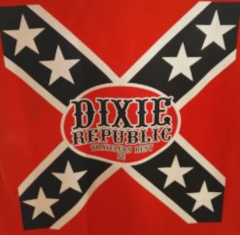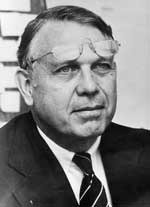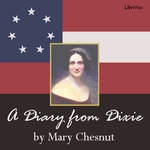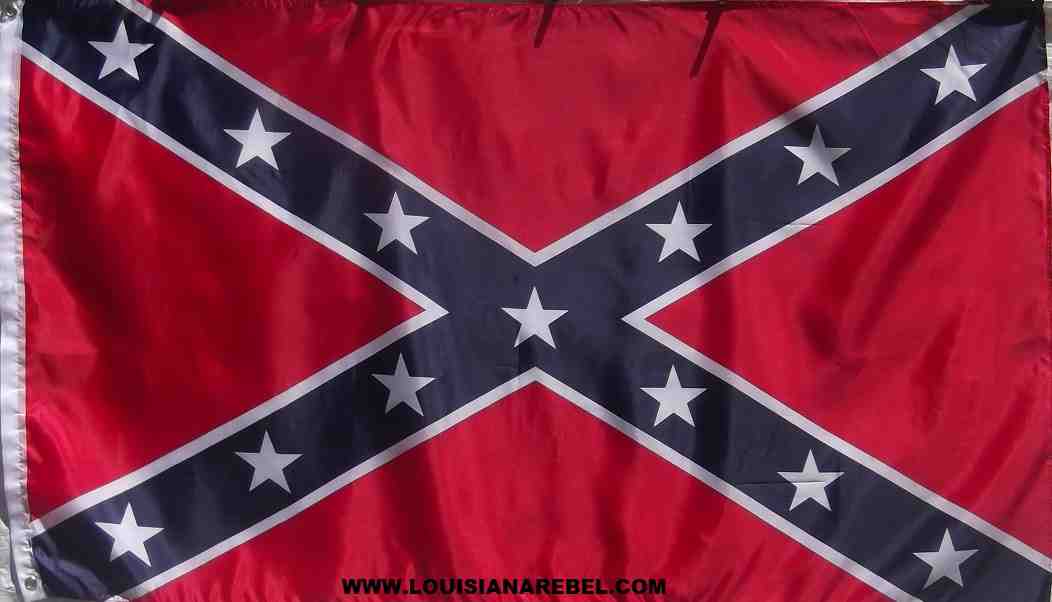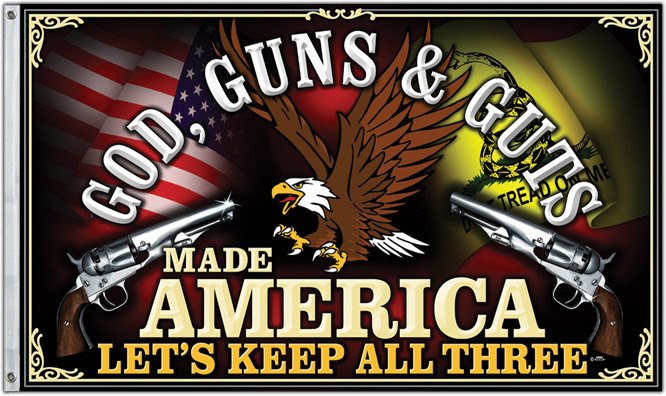Authorship of "Dixie"
"Dixie"
[From the Richmond Dispatch, March 19, 1893.]
Dan Emmett its Author and New York the Place of Its Production.
13 PLEASANT STREET,
BALTIMORE, MD., March 11, 1893.
To the Editor of the Dispatch:
I see by your issue of March 5th a question has arisen with regard to the authorship (music and words) of "Dixie." I think I can give you "a straight tip." With regard to Albert Pike's authorship--he was too noble a gentleman to have claimed anything that did not belong to him. When it was written he was practicing law in Arkansas, not in Memphis. As for Captain Mentor and his band composing it at the levee on the Mississippi, that is still more absurd. Mrs. Charles T. White, widow of Charlie White, my life-long friend, is correct.
I will give you now the full particulars as I have received them from Dan Emmett himself and my own recollections.
A "WALK-AROUND."
"Dixie."--It was Saturday night in 1859, when Dan Emmett was a member of Bryant's Minstrels in New York. Bryant came to Emmett and said: "Dan, can't you get us up a walk-around? I want something new and lively for Monday night." At that date all minstrel shows used to wind up with a "walk-around." The demand for them was constant, and Emmett was the composer of all the "walk-arounds" of Bryant's band. Emmett of course went to work, but he had done so much in that line that nothing at first satisfactory to him presented itself. At last he hit upon the first two bars, and any composer can tell how good a start that is in the manufacture of a tune. By Sunday afternoon he had the words, commencing: "I wish I was in Dixie." This colloquial expression was not, as most people suppose, a Southern phrase, but first appeared among the circus people of the North. In early fall, when nipping frosts would overtake the tented wanderers, the boys would think of the genial warmth of that section for which they were heading, and the common expression would be, "Well, I wish I was down in Dixie."
BECAME THE RAGE.
This gave the catch line: the rest of the song was original. On Monday morning the song was rehearsed and highly commended, and at night a crowded house caught up the refrain and half the audience went home whistling "Dixie." Bryant gave Emmett $5 for his work. The song became the rage, and "Newcombe's," "Buckley's," and other minstrel bands paid Emmett $5 for the privilege of using it. Mr. Werlean, of New Orleans, wrote to Emmett to secure the copyright, but, without waiting for an answer, published it with the words by Mr. Peters, of New York. He afterwards secured the copyright from Emmett and gave him $600. But Werlean sold thousands of copies without giving Dan a nickel. Not only was Emmett robbed of the profit of his songs, but its authorship was disputed. Will F. Hays claimed it as his own.
REAPED NO BENEFIT.
Pond brought the matter before a musical publishers' convention and settled the question of authorship; but Dan reaped no benefit from this tardy justice. Emmett got into trouble about his song during the war. It was considered a rebel song, and a sapient Maine editor declared Dan to be a "Secesh," and that he should be treated as one, although "Dixie" was written two years before the commencement of the war, and as originally written there was not a line that could be charged with any political bearing. The crowning popularity of this well-known ditty was secured in New Orleans in the spring of 1861, when Mrs. John Wood played an engagement at the Varieties Theatre. "Pocahontas," by John Brougham, was the attraction, and in the last scene a zouave march was introduced. Carlo Patti, brother of Adalina Patti, was the leader of the orchestra. At the rehearsal Carlo was at a loss as to what air to appropriate.
CROWNING TRIUMPH.
Trying several, he finally hit upon "Dixie." Tom McDonough shouted:" That will do--the very thing; play it to-night." Mrs. John Wood, Mark Smith, Loftingwell, and John Owens were delighted. Night came, the Zouaves marched on, led by Miss Susan Denin, singing "I wish I was in Dixie." The audience became wild with delight and seven encores were demanded. Soon after the war broke out. The Washington Artillery had the tune arranged for a quickstep by Romoe Meneri. The saloons, the parlors, the streets rang with the" Dixie" air, and "Dixie" became to the South what the "Marsellaise" is to France.
OTHER AUTHORITIES.
Now, to support what I state: Niel Bryant is now in Washington holding some government office; he ought to be able to back up what I say, as he was a member of his brother's company when it was first produced, and Colonel Alston Brown, of New York, is generally considered authority in all matters pertaining to the history of the show world in the United States. Dan Emmett is a native of Ohio and is of German descent. I, together with R. M. Hooley, got him up a benefit in Chicago. John McCullough, Joe Emmett, and a host of volunteers appeared at a matinee, the result of which was over a thousand dollars. I do not credit that Dan is cutting wood, as he is an excellent fiddler and generally makes a living in that vocation. He is a very careful man and never was under the undue influence of liquor in his life.
DR. G. A KANE.
Source: Southern Historical Society Papers
- Log in to post comments



